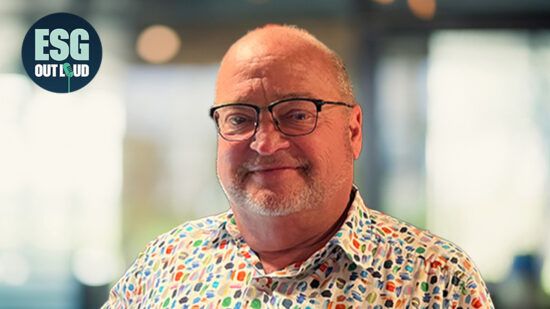Asset managers have overtaken pension funds to lead the way on ESG, according to BNP Paribas.
Following the launch of BNP Paribas’ annual survey of asset managers and asset owners’ attitudes to ESG, sustainability research analyst Trevor Allen explained how pension funds had fallen behind.
“One of the differences we have seen with this survey is that asset management has actually taken leadership in ESG investment in a lot of ways,” he said.
“Back in 2014/15, it was really the pension funds that were driving ESG investment and asking asset managers, ‘what are you doing about this?’
“Now the asset managers have a better understanding of how they are running that strategy and how they are moving that forward.”
Allen argued evidence of asset managers’ leading-edge position is how they are approaching asset ownership.
“You can see that with the active ownership… negative screening is no longer as powerful as it was.
“It’s more investing and helping to understand what the strategies of these companies are. You can see that reflected in some of the European oil majors who are really starting to change their strategies from brown energy to more green energy strategies.
“That’s a key part of that engagement to understand how these companies are going to adapt to a net-zero transition.”
The banking group surveyed 356 asset managers and asset owners – including pension funds, insurers, sovereign wealth funds and central banks – in order to gauge sentiment towards ESG.
The conclusion from the research was ESG is more deeply embedded than ever and momentum continues on a steep trajectory with only 1% of respondents saying ESG would play a minor role in what they do two years from now.
One in five, or 21%, of respondents said ESG was central to almost everything they do or a necessity in everything they do now. Almost half, 47%, said this would be the case for them in two years’ time.








